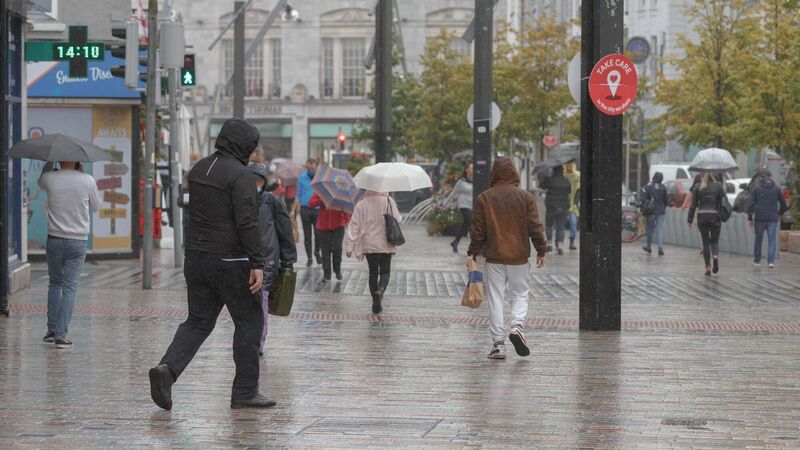Commission says Europe is entering recession

Ireland would top the eurozone countries this year with 7.9% growth in GDP and avoid recession. Picture: Damian Coleman
The European Union will enter recession this winter as growth forecasts for 2023 are slashed due to prolonged inflation and the war in Ukraine.
The EU Commission's Autumn Economic Forecast projects GDP to fall this quarter with the contraction to continue in the first quarter of next year. Real GDP growth is forecast to grow at just 0.3% in 2023, well below the 1.5% it had forecast in the summer.











